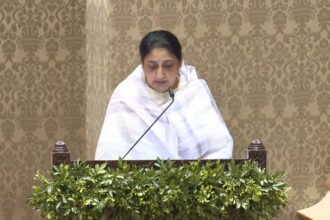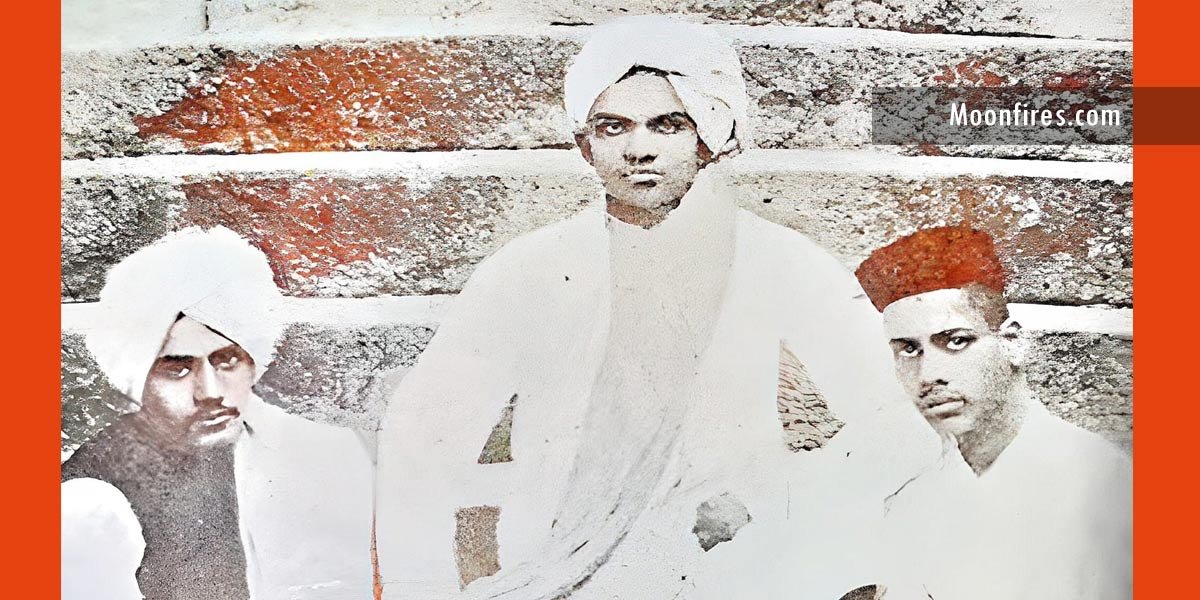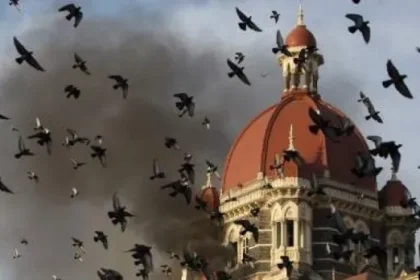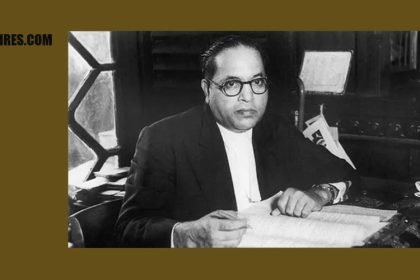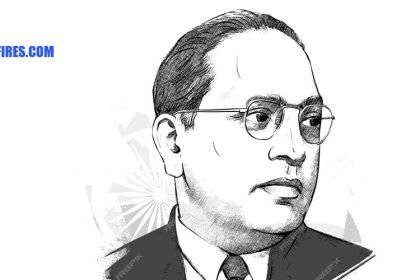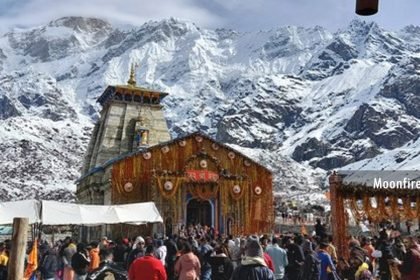The Chapekar Brothers, Damodar, Balkrishna, and Vasudeo, were three unsung heroes of India’s freedom struggle. Born in the late 19th century in Maharashtra, the brothers were part of a family of freedom fighters.
They were inspired by the teachings of Swami Vivekananda and the writings of Bal Gangadhar Tilak, and were determined to fight for India’s independence from British rule.
In 1897, the Chapekar Brothers assassinated W.C. Rand, the unpopular British Commissioner of Pune. This act of defiance sparked a wave of protests and demonstrations across India, and the brothers were soon arrested and sentenced to death. Although their sentence was later commuted to life imprisonment, the Chapekar Brothers had made their mark on India’s freedom struggle.
The Chapekar Brothers’ legacy lives on in India today. They are remembered as brave patriots who sacrificed their lives for the cause of freedom. Their courage and determination have been an inspiration to generations of Indians, and their story is an important part of India’s history.
The Chapekar Brothers are a reminder of the power of ordinary people to make a difference in the world. They are a testament to the strength of the human spirit and the power of collective action. They are an example of how ordinary people can make a lasting impact on history.
Exploring the Legacy of the Chapekar Brothers and Their Impact on India’s Freedom Movement
The Chapekar brothers, Damodar, Balkrishna, and Vasudeo, were three influential figures in India’s freedom movement. Their legacy is remembered to this day for their brave and daring acts of defiance against the oppressive British Raj.
The Chapekar brothers were born in the late 19th century in the city of Pune, Maharashtra. They were raised in a family of patriots and were exposed to the ideas of freedom and independence from a young age. This upbringing instilled in them a strong sense of patriotism and a desire to fight for their country’s freedom.
The Chapekar brothers were active participants in the freedom struggle. The Chapekar brothers are best remembered for their daring act of assassinating the British official, Walter Charles Rand, in 1897. This act of defiance was a major blow to the British Raj and was a major catalyst for the freedom struggle. The Chapekar brothers were arrested and sentenced to death for their crime. However, their legacy lives on and their courage and bravery are remembered to this day.
The Chapekar brothers’ legacy is an important part of India’s freedom movement. Their courage and bravery inspired many other freedom fighters to take up the cause of independence. Their actions were a major factor in the eventual success of the freedom struggle.
The Chapekar brothers’ legacy is remembered to this day as a symbol of courage and patriotism. Their actions are a reminder of the importance of standing up for one’s beliefs and fighting for what is right. Their legacy is an important part of India’s history and will continue to inspire generations to come.
The Chapekar Brothers: How Their Sacrifice Helped Shape India’s Independence
The Chapekar Brothers, Damodar, Balkrishna, and Vasudeo, were three Indian revolutionaries who made the ultimate sacrifice in the fight for India’s independence. Their actions, though largely forgotten, played a crucial role in the struggle for freedom from British rule.
The Chapekar Brothers were born in the late 19th century in the city of Pune, Maharashtra. They were raised in a family of patriots and were exposed to the ideas of freedom and self-rule from a young age. As they grew older, they became increasingly involved in the Indian independence movement.
In 1897, the Chapekar Brothers were part of a group of revolutionaries who assassinated the British official, Walter Charles Rand, who was responsible for the death of the Indian freedom fighter, Bal Gangadhar Tilak. This act of defiance was seen as a major blow to the British Raj and sparked a wave of anti-British sentiment across India.
In response to the assassination, the British government declared martial law in Pune and launched a massive manhunt for the Chapekar Brothers. After a long and arduous search, the brothers were eventually captured and sentenced to death. On April 18th, 1898, the Chapekar Brothers were hanged in Pune.
The Chapekar Brothers’ sacrifice was a major turning point in India’s struggle for independence. Their actions inspired a new generation of freedom fighters and helped to galvanize the Indian people in their fight against British rule. The Chapekar Brothers’ legacy lives on in India today, and their courage and selflessness will never be forgotten.
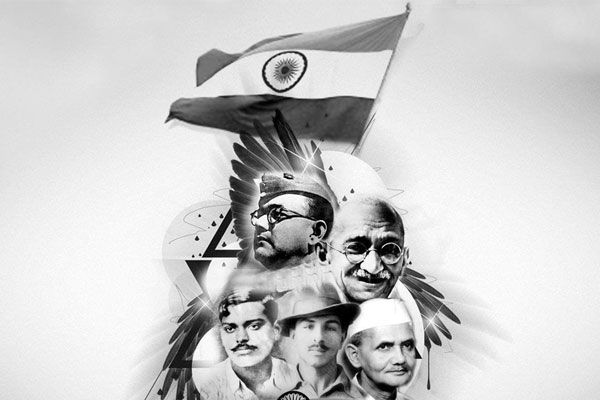
Conclusion
The Chapekar Brothers were true heroes of India’s freedom struggle. They were brave and courageous, and their sacrifice for the cause of freedom will never be forgotten. They were a shining example of the spirit of patriotism and self-sacrifice that has been the hallmark of India’s struggle for independence. Their legacy will continue to inspire generations of Indians to fight for their rights and freedom.



